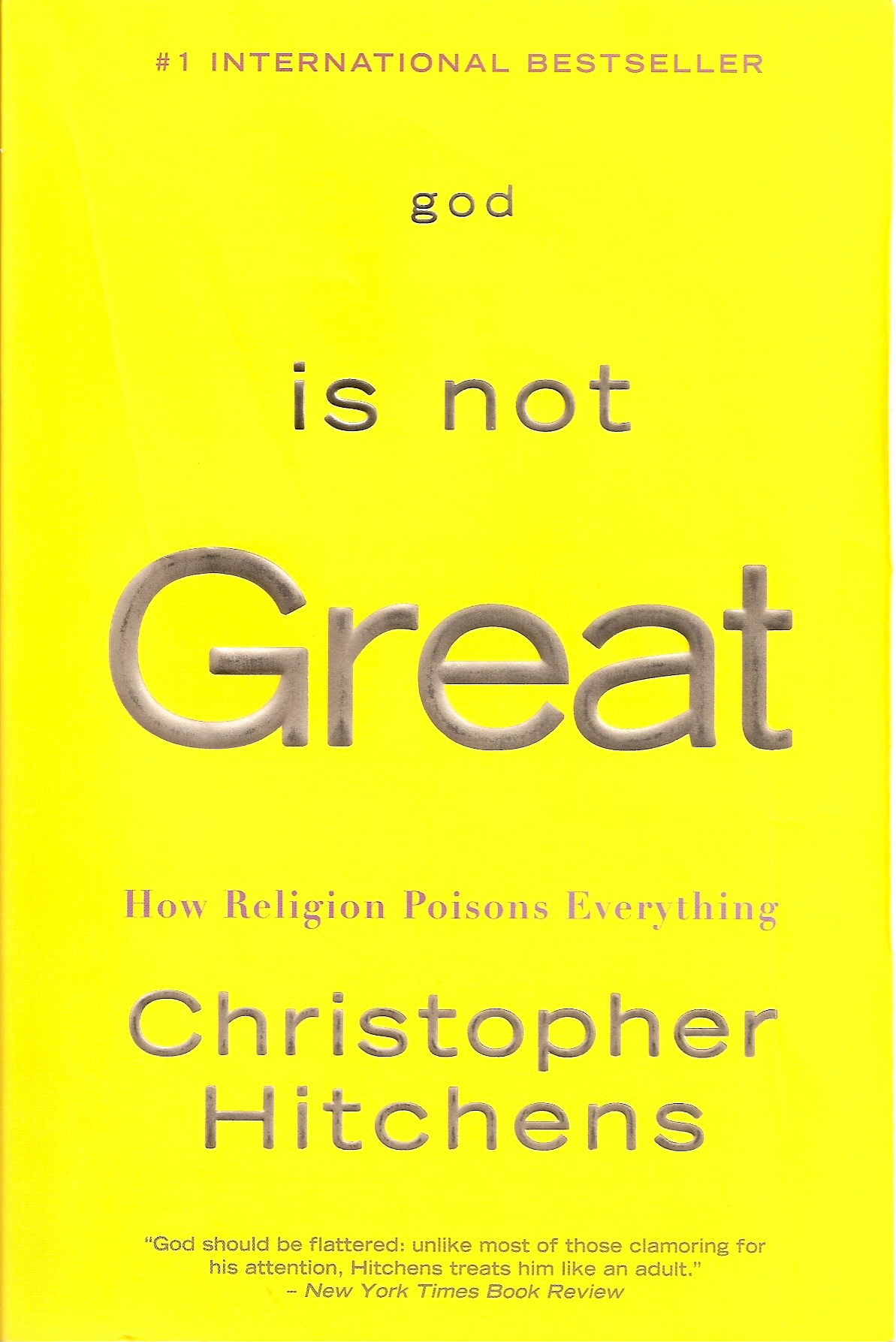Craig Blomberg, in his book The Historical Reliability of the Gospels, speaks of the exploding suspicion towards the Bible in many academic circles around the globe:
“Every year, countless university students around the world are taught that only a small percentage of the NT accounts of the life and teachings of Jesus of Nazareth reflect what he really said and did. In most cases, lecturers are simply passing on what they have received from their teachers. The reasons for their opinions may vary over the years according to the latest skeptical fashions, but some arguments prove remarkably persistent: the Gospels were not written by people in a position to know what Jesus was like, primitive cultures believed in miracles like the virgin birth and resurrection that we know are impossible, oral traditions quickly distorted early Christian claims, theological interest precludes historical accuracy, what we call ‘heresy’ actually preceded ‘orthodoxy’, non-canonical Gospels disprove the stories found in Matthew, Mark, Luke and John and so on… Sometimes students confusion is compounded by the fiction promoted in popular culture. Since 2003, tens of millions of people worldwide have either read the book or seen the film The Da Vinci Code. The story is almost entirely fictitious, but its very first page erroneously claims that ‘all descriptions of artwork, architecture, documents, and secret rituals in this novel are accurate.’ In fact, virtually everything it claims about documents from the first five centuries of Christian history is false, but myriads of readers do not have the educational background, the research skills or the desire to investigate the story’s claims, and thus they wind up believing them.” [1]
How do we deal with such facts? Should we simply ignore such trends or hope that some godly, intelligent Christian will respond to them?
Another example of modern liberal scholarship is addressed by Michael Kruger and Andreas Kostenberger in their recent book The Heresy of Orthodoxy. They write about an increasingly popular objection to Christian claims regarding orthodoxy and heresy put forward by a man named Walter Bauer who wrote a book entitled Orthodoxy and Heresy in Earliest Christianity. Its impact has been widespread especially in the area of New Testament studies. K and K write:
Bauer argued that early Christianity was far from a monolith but was found in a number of divergent forms, none of which represented the obvious majority over the others. There was no ‘orthodoxy’ or ‘heresy’ within earliest Christianity, but rather there were various ‘Christianities,’ each competing for dominance. Thus, argued Bauer, we should not evaluate early Christian literature only on the basis of the views of the eventual theological winners but should consider all early Christian writings as equally valid forms of Christianity.[2]
Many Christians think it is the job of seminary professors, authors, and pastors to deal with such academic objections to the orthodox Christian faith. However, this conviction is misguided on a number of levels, I think. There is much that could be said on this, but here are three brief reasons I find.
First of all, few non-Christians, even those of a more academic persuasion rub shoulders with such qualified individuals or take the time to read their books. How are these objections to be dealt with in a meaningful way then? Arguments that are only declared by way of books often find they have no audience. These kinds of arguments are too easy to dismiss. No doubt, books are powerful, but there power to persuade is significantly weakened if their lofty thoughts are not anchored to the ground in the voices of those who believe them.
Secondly, 1 Peter 3:15 which says “Always be ready to make your defense to anyone who demands from you an accounting for the hope that is in you”, is not addressed to pastors and professional theologians alone, but is addressed all who “are chosen…to obey Christ” (1 Pet. 1:1-2). In other words, defense is the job of all Christians. James Sire says “Our job then, is to be the best witnesses to Jesus Christ as Savior and Lord as we can be. It matters not the circumstances in which we find ourselves.”[3]
Thirdly, defending is much more than words. Paul declared in 1 Corinthians 12:31-13:3 that love was a “more excellent way” than mere Christian knowledge and sharp rhetoric. In fact, Paul says that without it, arguments often become “noisy” (that is, like mere racket in the ear of the hearer). And though love can be realized through a book (as God’s love is realized today and brought to man through the Bible), its deepest and most sincere expression is by way of a life. This is openly manifest to the world in that God’s greatest revelation of himself to man is not the Bible, but Jesus Christ. It was a life that most accurately and coherently expressed the truth of God.
May all of us who call ourselves Christian embrace our call by learning to confront the unbelief of this world not merely with persuasive arguments but with love. God is pleased to use our living arguments if you will, over those that are dead and cold and found merely on the pages of books. Can you answer the objections above in both word and deed?
[1]Craig L. Blomberg, The Historical Reliability of the Gospels (Downers Grove: IVP, 2007), 15.
[2]Andreas J. Kostenberger and Michael J. Kruger, The Heresy of Orthodoxy: How Contemporary Culture’s Fascination with Diversity Has Reshaped Our Understanding of Early Christianity (Wheaton: Crossway, 2010), 105.
[3]James W. Sire, Why Good Arguments Often Fail: Making a More Persuasive Case for Christ (Downers Grove: IVP, 2006), 17.


